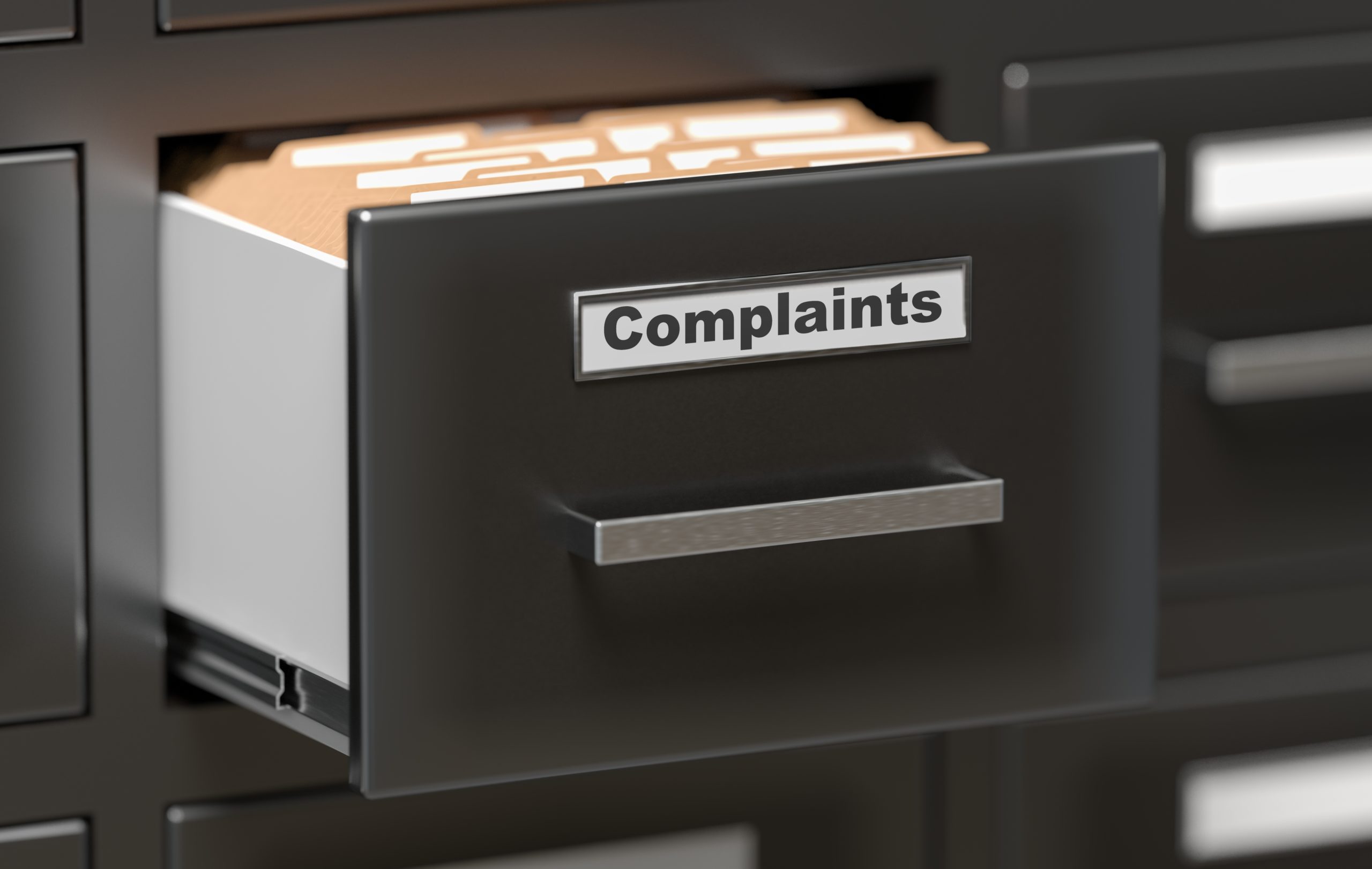What a great time to be a professional complainer. Like myself. And to have written a how-to book about the subject, which will, no doubt, be catapulted to the best seller list due to a recent article in The New York Times.
Nearly 10 years into my third-act career and I have finally been validated. Rather than making one feel like a pariah, complaining has now been elevated to a position of social positivity, standing shoulder to shoulder with other acceptable acts such as bathing and coughing into one’s elbow. Besides, to quote from the article, “expressing negative feelings is actually healthy.” And who amongst us does not rejoice in a sense of well-being?
But hold on. Before you jump on the grousing bandwagon, according to the article, there’s a right way and a wrong way to complain. And starting off on the wrong foot will just screw up your efforts and give you something else to complain about. Which may or may not be a bad thing.
When I began writing and kvetching about things like the inequality that exists in choosing select cities for the release of new movies, little did I know that in a parallel universe, social scientists were actually conducting serious investigations into something that came as naturally to me as breathing. And the results were the substance of the article mentioned above.
However, as I read through said article, doubts infiltrated my comfort zone. Was my complaining constructive, or was I merely ruminating and catastrophizing, both of which are serious no-no’s for professional complainers. According to the experts, if you ruminate or catastrophize, you can become depressed. And if you’re feeling hopeless, why bother complaining? So naturally, my aspiration was to be constructive.
Other questions began haunting me as well. For example, how was my complaining impacting others? Was I frustrating my confidantes or bonding with my readers. Perhaps I needed to develop a brief survey to get to the bottom of this. On the other hand, did I really want to know?
Instead of the survey, I turned for advice to the author of a book called “Constructive Wallowing” (wish I had come up with that one!) who reminded me that I was using complaining as a social tool. I’m not sure what that meant exactly, but I did feel a bit of comfort.
I was also relieved to learn that complaining was a powerful stress reliever. And we all know the toll that stress can take, particularly on the express checkout line in the supermarket. So if I vent about the person in front of me who has 17 items in their cart rather than the requisite 12, it could add years to my life.
And speaking of venting, the article states that “when done effectively, it can help you clearly realize what, specifically, about a situation is bothering you.” But sadly, it neglects to provide any criteria for venting effectiveness. If I’m going to spend time and energy blowing off steam, I surely want to get the best result!
Another important lesson gleaned from the article was that the most beneficial type of complaining in terms of your health and relationships, was to be sure it was “strategic.” Again, not being exactly certain about what went into a strategic complaint as opposed to a haphazard one, I surmised that it had something to do with your desired outcome.
For example, is your goal to vent, problem solve, or ruminate? By now, we’ve learned that ruminating can be hazardous to your health, so let’s skip right over that one. Which leaves venting or problem solving. It isn’t clear to me whether you can claim both as a desired outcome. In a perfect world this should definitely be an option. But we know the world is not perfect, which is why we complain in the first place.
So if I follow the guidelines laid out above, my complaining will be productive. But if it’s productive, will I have anything to complain about? Therein lies the conundrum.
So folks, go ahead. Let it all out. It might even lower your cholesterol. And if you suffer from FOMO (fear of missing out) because you think your life is perfect, consider purchasing a copy of my book, “How To Complain When There’s Nothing to Complain About.” www.amazon.com/Complain-When-Theres-Nothing-About/dp/1947708236/as
It will provide all the fodder you need for a really hearty professional grumble!
Originally published January 31, 2020








I thought this article sounded familiar. I think we used it at an old peer group meeting. Always relevant!